The global financial system is a complex web of transactions, and at its heart lies the ever-churning engine of foreign exchange, or forex. Did you know the forex market dwarfs every other financial market in the world, with trillions of dollars exchanged daily?
This constant exchange fuels international trade and investment, but not all currencies are created equal. In this blog, we’ll be dissecting the most traded currencies in the world and uncovering the reasons why they reign supreme. From the mighty US Dollar to the safe-haven Japanese Yen, we’ll explore the economic powerhouses and the factors propelling them to the top of the forex food chain. So, buckle up and get ready to unlock the secrets of the world’s most traded currencies!
The US Dollar (USD): King of the Currency World

The US Dollar (USD) reigns supreme as the world’s most traded currency. Its dominance permeates every corner of the global financial system, influencing international trade, investment decisions, and even the price of everyday goods. But what exactly makes the USD so popular? Let’s delve into the reasons behind its unparalleled status.
Reserve Currency Status: A Crown Jewel
One of the key factors propelling the USD to the top is its designation as the world’s primary reserve currency. This means central banks around the globe hold a significant portion of their foreign exchange reserves in USD. This preference stems from the perceived stability and strength of the US economy, making the USD a safe haven during times of economic turmoil.
International Trade: The Power of Petrodollars
The USD also plays a central role in international trade. Many commodities, including the ever-important oil, are priced and traded in US dollars. This creates a natural demand for USD by countries that import these commodities.
The US Economy: A Strong Foundation
The overall health of the US economy significantly impacts the USD’s value. A strong US economy fosters confidence in the currency, attracting foreign investment and further solidifying its position. Additionally, when the US Federal Reserve raises interest rates, it incentivizes investors to hold USD, further boosting its demand.
A Globalized Influence: Dollarization
The influence of the USD extends beyond its reserve currency status. Some countries, like Panama and El Salvador, have adopted the USD as their official currency (dollarization). This creates a natural demand for USD within these economies and strengthens its global reach.
Beyond the Crown Jewels: Additional Factors
The USD’s popularity is further bolstered by several other factors:
- Political Stability: The perceived political stability of the United States adds to the allure of the USD.
- Deep and Liquid Market: The US has a highly developed financial market, providing investors with easy access to USD and fostering greater trading activity.
- Transparency and Rule of Law: The strong legal framework and transparency in US financial regulations contribute to investor confidence in the USD.
The US Dollar’s dominance in the foreign exchange market is a result of a confluence of factors. Its status as a reserve currency, its role in international trade, the strength of the US economy, and its global reach all contribute to its unparalleled popularity. The USD remains a vital cog in the machinery of global finance, and its influence is likely to endure for years to come.
The Euro’s Might: Euro (EUR) – A Worthy Challenger
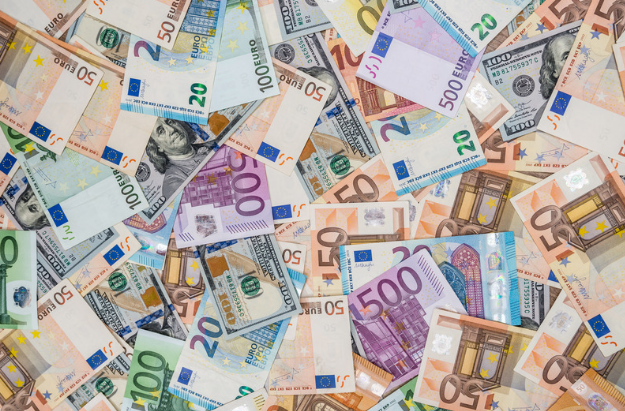
Following closely behind the USD is the Euro (EUR), the muscle behind the European Union (EU). As the second most traded currency globally, the EUR boasts impressive strength, making it a force to be reckoned with in the foreign exchange market. Let’s explore the factors that contribute to the Euro’s might.
Economic Powerhouse: The EU’s Collective Strength
The bedrock of the EUR’s success lies in the economic strength of the EU zone. Combining the economic muscle of developed nations like Germany and France with the growing economies of Eastern Europe, the EU represents a significant force in the global marketplace. This collective strength fosters confidence in the EUR and attracts foreign investment.
Reserve Currency Status: A Shared Crown
While not as dominant as the USD, the EUR also enjoys the status of a reserve currency. Central banks around the world hold a portion of their foreign exchange reserves in EUR, adding to its global influence. This status reflects the perceived stability and economic potential of the EU zone.
Stability Breeds Confidence: A Generally Stable Environment
The EU, as a whole, offers a relatively stable political and economic environment. This stability fosters confidence in the EUR, making it an attractive option for businesses and investors seeking a safe haven for their assets. While individual member states may experience economic fluctuations, the overall strength of the EU provides a buffer and enhances the EUR’s long-term appeal.
Beyond the Basics: Additional Factors
The EUR’s strength is further bolstered by several additional factors:
- Large and Integrated Market: The EU represents a large and integrated market, facilitating smooth cross-border trade within the zone. This naturally increases demand for EUR within the region.
- Transparency and Regulation: The EU maintains a strong regulatory framework for its financial system, fostering transparency and investor confidence in the EUR.
- Innovation and Growth Potential: The EU is a hub for innovation and technological advancements. This growth potential further strengthens the long-term outlook for the EUR.
The EUR’s position as the second most traded currency is a testament to the economic and political might of the European Union. The combined strength of its member states, its reserve currency status, and the stability it offers make the EUR a powerful player in the global financial system.
The Enigmatic Yen: Japanese Yen (JPY) – A Safe Haven with Global Reach
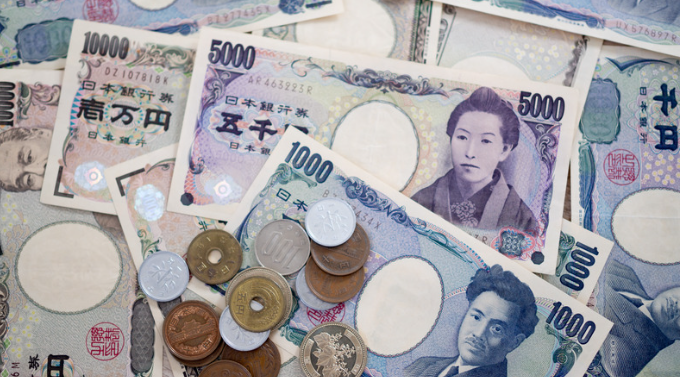
The Japanese Yen (JPY) occupies the coveted position of the third most traded currency globally. Often shrouded in an aura of mystery, the JPY plays a unique role in the foreign exchange market, balancing elements of stability with its connection to a powerful economy. Let’s delve deeper into the world of the Yen and explore the factors shaping its influence.
Japan’s Economic Powerhouse: A Foundation of Strength
Japan boasts a robust and technologically advanced economy, ranking third in the world by nominal GDP. This economic strength fosters confidence in the JPY, making it a desirable asset for investors seeking stability. However, unlike the USD and EUR, Japan’s growth trajectory has slowed in recent years, impacting the JPY’s overall dominance.
The Safe-Haven Allure: A Haven in Times of Turmoil
One of the JPY’s defining characteristics is its reputation as a safe-haven currency. During periods of economic uncertainty, investors flock to the JPY, seeking refuge from volatility in other markets. This increased demand strengthens the JPY’s value. Japan’s low-interest rates also contribute to its safe-haven status, as investors may borrow JPY at a lower cost and invest it in riskier assets elsewhere (carry trade).
Beyond Safe Havens: JPY’s Role in Forex
The JPY’s influence extends beyond its safe-haven appeal. Japan is a major exporter, particularly in the automotive and electronics sectors. This creates a natural demand for JPY from importers seeking to purchase these Japanese goods. Additionally, the JPY plays a significant role in carry trade strategies, where investors borrow JPY due to its low-interest rates and invest it in higher-yielding currencies.
Factors Shaping the JPY’s Value:
Several factors influence the value of the JPY in the global market:
- Japanese Economic Performance: A strong Japanese economy bolsters the JPY’s value, while periods of stagnation or decline can weaken it.
- Global Risk Aversion: Increased global risk aversion leads investors to seek safe-haven assets like JPY, driving its value up.
- Interest Rate Differentials: The relative difference in interest rates between Japan and other countries impacts the attractiveness of JPY for carry trade strategies.
- Intervention by the Bank of Japan: The Bank of Japan can intervene in the forex market to influence the JPY’s value, aiming for stability or promoting exports.
The Enigmatic Future: JPY’s Continued Significance
While the JPY may not challenge the dominance of the USD or EUR in the near future, its unique role in the global financial system remains secure. Its combination of safe-haven appeal and connection to a powerful economy ensures the JPY’s continued significance as a major player in the foreign exchange market. The future trajectory of the JPY will depend on the interplay of global economic conditions, Japan’s domestic policies, and the ever-evolving dynamics of the forex market.
Other Major Players in Forex
While the USD, EUR, and JPY dominate the forex market, several other currencies play significant roles in global trade and investment. Let’s delve into some of these key players.
1. British Pound (GBP): A Symbol of Financial Strength
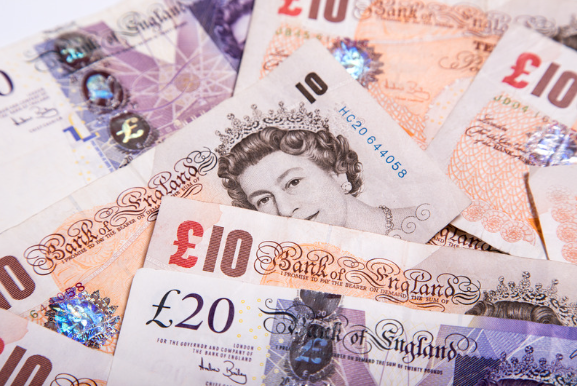
- Overview: The GBP, also known as Sterling, is the official currency of the United Kingdom.
- Importance in Forex: London remains a major financial center, attracting foreign investment and driving demand for GBP.
- Reasons for Trade: The GBP’s stability, tied to the UK’s developed economy, makes it attractive for international transactions. Additionally, the UK’s historical ties and ongoing trade relationships with other countries influence the demand for GBP.
Unique Characteristic: The GBP’s value is also influenced by the political climate in the UK, with major events like Brexit impacting its stability.
2. Canadian Dollar (CAD): The Loonie’s Connection
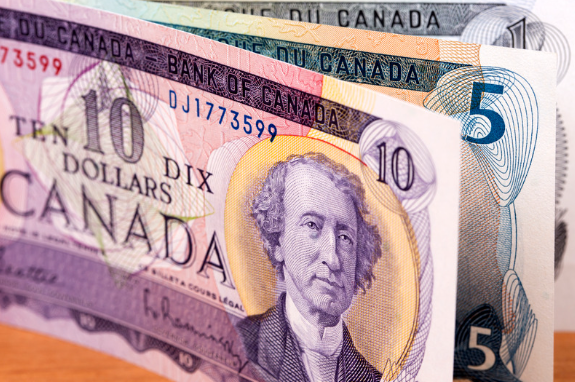
- Overview: The CAD, nicknamed the “loonie” due to the image of a loon on its one-dollar coin, is the official currency of Canada.
- Importance in Forex: Canada’s close economic ties with the US significantly influence the CAD. The value of the CAD often moves in tandem with the USD due to their close trade relationship. Canada’s vast natural resources also attract foreign investment, impacting the CAD.
- Reasons for Trade: The CAD is actively traded due to its stability and its connection to the strong US economy. Additionally, Canada’s role as a major exporter of commodities like oil influences the demand for CAD.
Unique Characteristic: The price of oil significantly impacts the CAD’s value, as Canada is a major oil producer.
3. Swiss Franc (CHF): A Haven for Stability
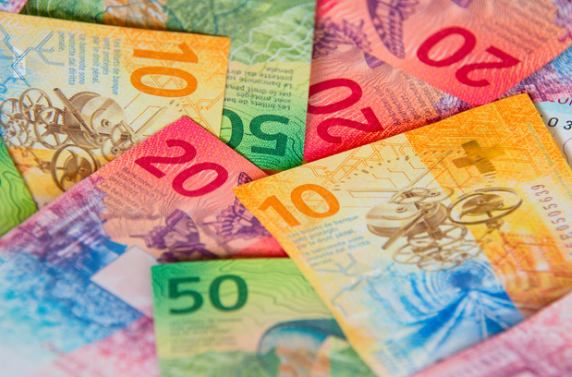
- Overview: The CHF, known for its stability, is the official currency of Switzerland.
- Importance in Forex: Switzerland’s reputation for political and economic neutrality makes the CHF a sought-after safe-haven currency during times of global uncertainty.
- Reasons for Trade: Investors often flock to the CHF during market turmoil, seeking refuge from volatility. Additionally, Switzerland’s strong banking sector and its role as a center for wealth management contribute to the demand for CHF.
Unique Characteristic: The Swiss National Bank (SNB) actively intervenes in the forex market to maintain the CHF’s stability.
Antipodean Powerhouses: The Australian and New Zealand Dollars (AUD & NZD)
1. Australian Dollar (AUD): Riding the Commodity Wave
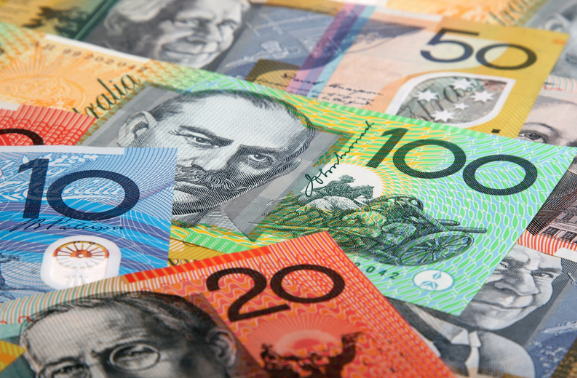
- Overview: The AUD, also known as the “Aussie dollar,” is the official currency of Australia.
- Economic Factors: Australia’s economy is heavily reliant on commodity exports, particularly iron ore and coal. This creates a strong link between the AUD and the price of these commodities.
- Trade Relationships: Australia’s significant trade with China, a major importer of commodities, influences the demand for AUD.
- Market Influences: Global economic conditions and investor sentiment towards China’s growth can significantly impact the AUD’s value.
2. New Zealand Dollar (NZD): The Kiwi’s Connection
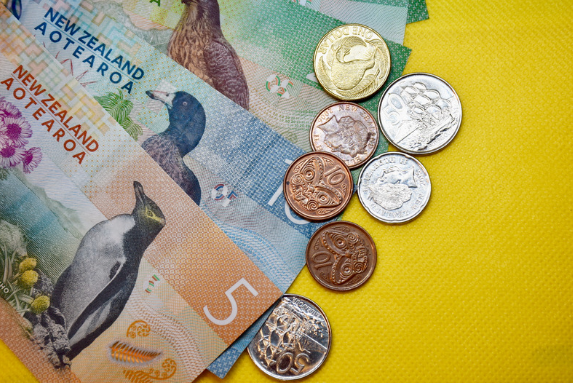
- Overview: The NZD, nicknamed the “kiwi dollar,” is the official currency of New Zealand.
- Economic Factors: Similar to the AUD, the NZD is also influenced by commodity prices, particularly dairy products.
- Trade Relationships: New Zealand’s trade relationship with Australia is a key factor, as the AUD and NZD are often traded together.
- Market Influences: Global dairy prices and the overall health of the Asian economies significantly impact the NZD’s value.
Unique Characteristic: Both the AUD and NZD are considered to be high-yield currencies, attracting some investors seeking higher returns. However, this also makes them more volatile compared to established safe-haven currencies.
The Reasons Behind Forex Trading
The foreign exchange market, or forex for short, is a bustling marketplace where currencies are constantly being exchanged. But why exactly do people and institutions participate in this global exchange? Let’s explore the key reasons behind currency trading:
1. Facilitating International Trade: The Bedrock of Global Business
At its core, forex trading fuels international trade. When a company in the United States imports goods from China, for example, they need to exchange USD for Chinese Yuan (CNY) to pay for those goods. This creates a demand for CNY and a corresponding supply of USD in the forex market. The exchange rate between these currencies determines the final cost of the imported goods for the US company.
2. Speculation: Chasing Profits in a Currency Rollercoaster
Forex traders can also buy and sell currencies with the aim of profiting from fluctuations in their exchange rates. They analyze economic data, interest rates set by central banks like the US Federal Reserve (Fed) or the European Central Bank (ECB), and political events that can impact currency values. By strategically buying and selling currencies based on these factors, forex traders hope to earn a profit when the exchange rate moves in their favor.
3. Hedging: Protecting Businesses from Currency Swings
Businesses engaged in international trade are exposed to the risk of currency fluctuations. Imagine a Canadian company (CAD) that has a contract to export lumber to a US company (USD). If the CAD strengthens against the USD before the payment is received, the Canadian company will receive fewer CAD for the same amount of USD, impacting their profits. To mitigate this risk, businesses can use forex hedging strategies to lock in an exchange rate at the time of the contract, ensuring a predictable outcome regardless of future currency movements.
4. Investment Diversification: Spreading Your Eggs Across Different Baskets
Major currencies like the USD, EUR, JPY, GBP, and CHF can also be used for investment purposes. Investors may allocate a portion of their portfolio to different currencies based on their economic outlook, interest rates offered, and their safe-haven status. For example, during times of economic uncertainty, the Japanese Yen (JPY) is often seen as a safe haven, attracting investors seeking stability for their assets.
5. Carry Trade: Borrowing Low, Investing High (with Caution)
The carry trade is a forex strategy that exploits differences in interest rates between countries. Investors borrow a currency with a low-interest rate, like the Japanese Yen (JPY), and then invest it in a currency with a higher interest rate, such as the Australian Dollar (AUD). The potential profit comes from the difference in interest rates, but this strategy carries risk if the exchange rate between the borrowed and invested currencies moves unexpectedly.
In Conclusion:
The forex market serves a vital role in facilitating international trade, allowing businesses to manage currency risk, and offering investors opportunities for speculation and diversification. From the bustling trading floors of major financial centers to individual investors, the reasons for currency trading are as diverse as the global economy itself. By understanding these driving forces, we can gain a deeper appreciation for the complex and ever-evolving world of foreign exchange.
For in-depth insights to boost your trading success, explore our website. Discover comprehensive reviews of forex proprietary trading firms and stay updated with the latest forex news.






